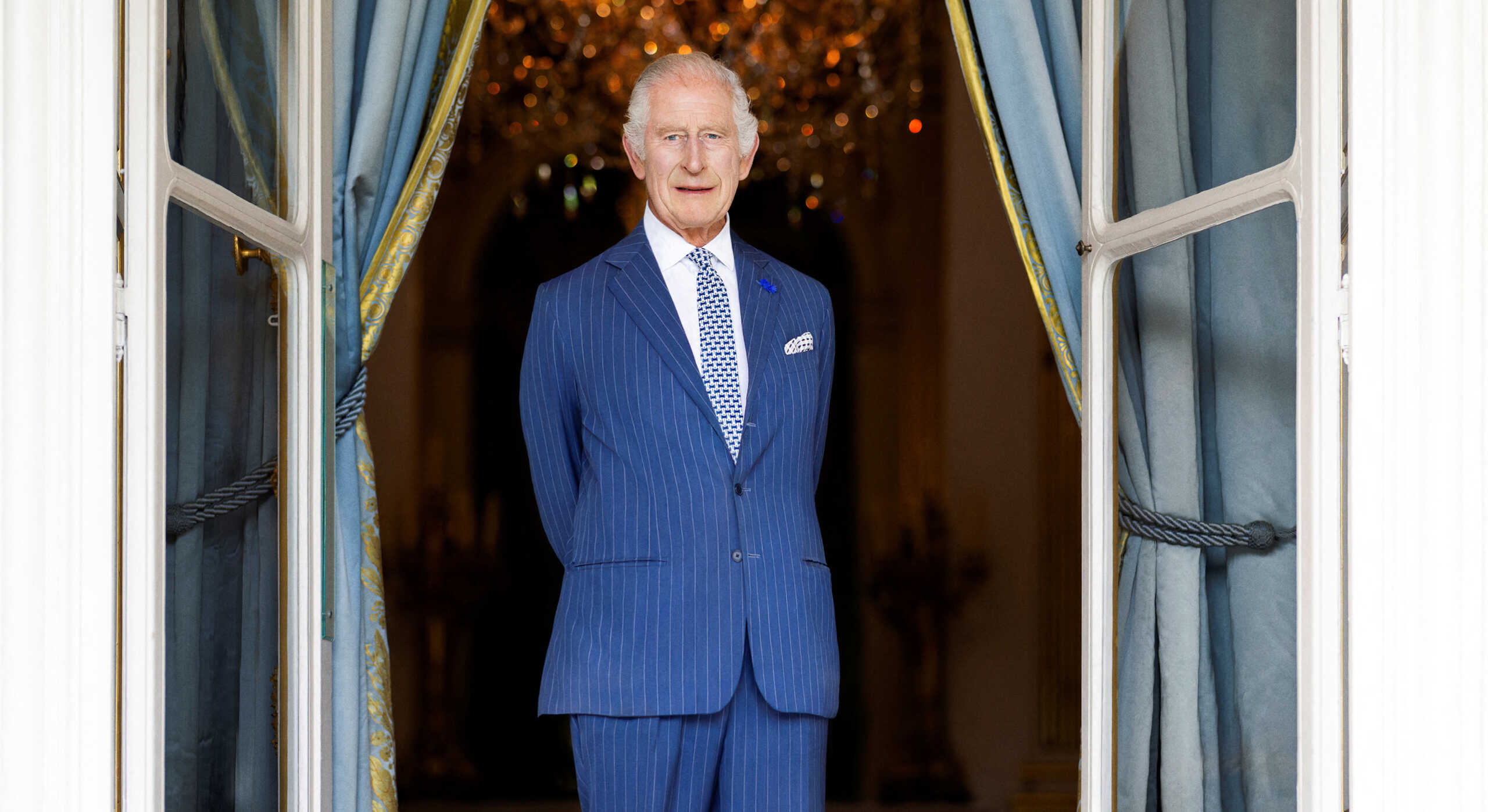
The news that King Charles of the United Kingdom is suffering from cancer has caused a sensation around the world. As Buckingham officially announced, the cancer was discovered during the surgery that the 75-year-old king was scheduled to perform on his prostate.
However, he does not suffer from prostate cancer. Explain, but without clarifying, the type of cancer he suffers from. But how can surgery on one organ reveal the presence of cancer in another organ?
King Charles initially suffered from benign prostatic hyperplasia – a condition that men succinctly describe as “I have a prostate”. This condition is not cancerous. It is simply an increase in the size of the prostate over time.
Benign prostatic hyperplasia is very common. It is estimated that 80% of men over the age of seventy suffer from it, according to experts from Yale University in Connecticut.
Prostate surgery is the most common
Some patients do not have any bothersome symptoms. But others suffer from difficulties in urinating, such as frequency, urgency, inability to empty the bladder, etc. In such cases, doctors often recommend transurethral resection of the prostate (TURP). It is the most common prostate surgery. It is performed through the penis and removes excess prostate tissue.
As explained by Dr. William Oh, medical director at the American Prostate Cancer Foundation, the prostate is a gland. It is located at the base of the bladder and the urethra passes through it. The urethra is the tube through which urine is expelled.
When the prostate enlarges, it puts pressure on the urethra and prevents urine from coming out. During the procedure, the surgeon removes the part of the prostate that is pressing on the urethra so that the patient can urinate more easily.
This is accomplished by inserting an endoscope into the patient's bladder. An endoscope is a probe equipped with a camera. This way the surgeon sees the prostate and knows which part to remove.
Other cancers
The doctor says that the endoscope can detect any cancer in the bladder or ureter. Christian Pavlovich, MD, professor of urological oncology at Johns Hopkins University in Baltimore. “Sometimes a tumor is found in the bladder or something that doesn't cause symptoms and we discover it by chance,” he explains.
The endoscope can also detect blood in the urine. This finding may indicate bleeding from the kidneys, according to Dr. Justin Friedlander, MD, professor of urology at Temple University in Philadelphia.
This bleeding could be a sign of kidney cancer. But it can also be due to ureteral cancer. The ureter is a thin, fibrous tube that carries urine from the kidneys to the bladder.
And in the biopsy
Doctors may also find cancerous tissue from other organs during a biopsy of surgically removed prostate tissue.
“The prostate, for example, can be affected by lymphoma,” says the doctor. Pavlovich. “Lymphoma is a malignant tumor of the blood. It can also be affected by cancer of the urethra, that is, the inner wall of the bladder and urethra.
When cancerous tissue from other organs is found in the biopsy, it may mean that the patient's cancer is more advanced.
Rare accidents
However, the above diagnoses are not common. “In 90-95% of cases, prostate surgery does not hide unpleasant surprises,” emphasizes the doctor. Julio Bao Sang, MD, director of the Genitourinary Oncology Program at Moffitt Cancer Center in Florida. “It is generally rare to find cancerous tissue as it occurs.”
Sometimes, instead of performing transurethral resection, doctors use other methods. Can for example. Destroying excess prostate tissue with laser or heat. However, again, they will use the endoscope to perform these operations.
According to Buckingham, King Charles has already begun treatment for any type of cancer.
Source: Iatropedia.gr

“Hipster-friendly coffee fanatic. Subtly charming bacon advocate. Friend of animals everywhere.”





More Stories
F-16 crashes in Ukraine – pilot dies due to his own error
Namibia plans to kill more than 700 wild animals to feed starving population
Endurance test for EU-Turkey relations and Ankara with Greece and Cyprus